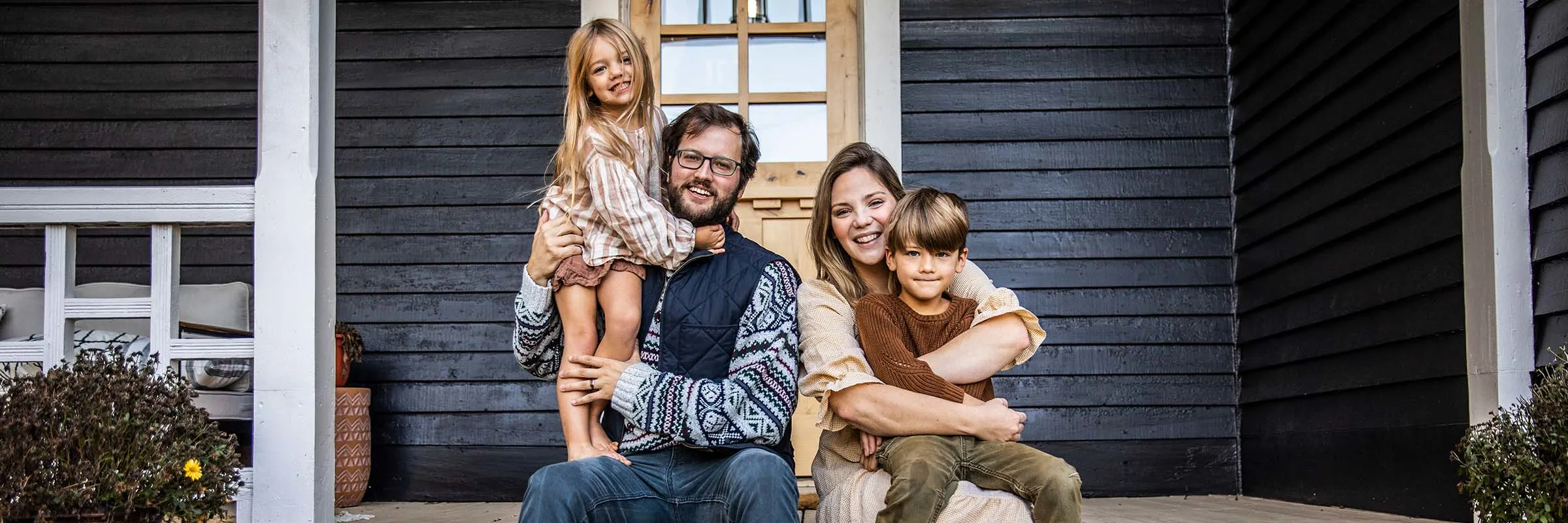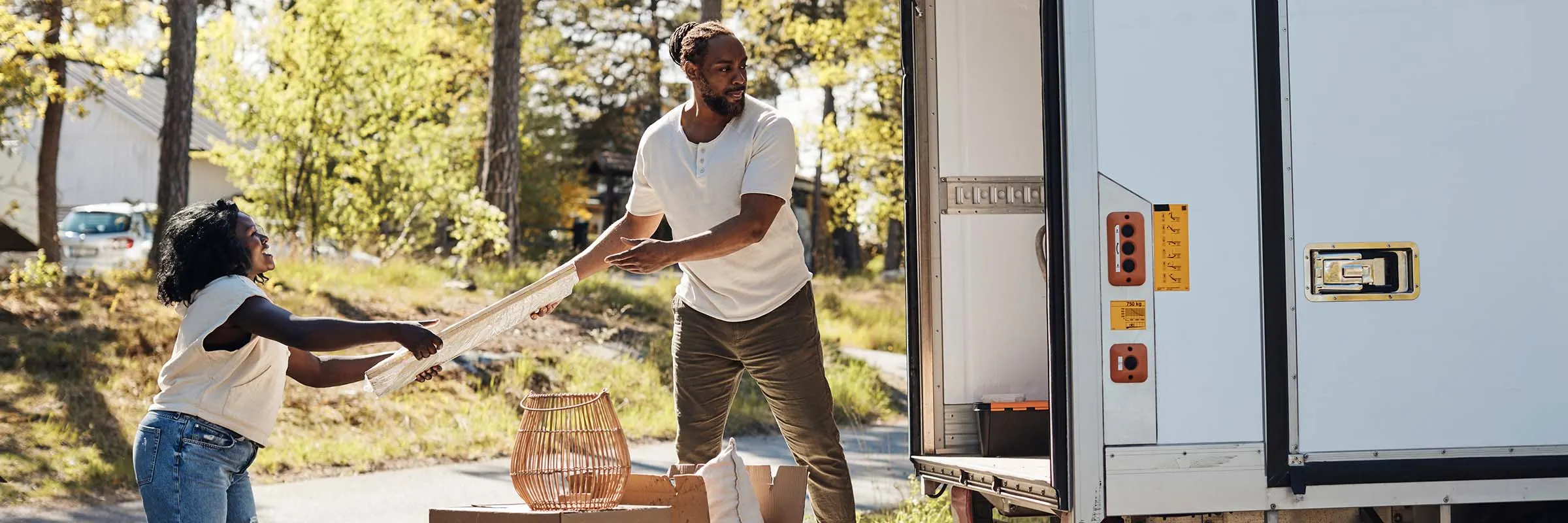What we'll cover
Mortgage options for short-term
Perks and downsides to short-term homeownership
How co-owning a home could make sense for you
When you find home sweet home, it doesn’t always mean you’ll live there for decades to come. What you love right now might not fit your lifestyle or be so charming later on — and that’s natural. Or you simply may have plans to live somewhere for a short duration. Regardless of the reason, you’re not alone. While the average mortgage type is a 30-year loan, roughly only a quarter of U.S. homeowners have lived in the same house for more than 20 years.
If you’re interested in buying a home that you only live in for a relatively short time period, you may be wondering about your mortgage options. The homebuying process is not one size fits all, so you may benefit from a less traditional approach. Consider these factors before embarking on short-term home ownership.
Fixed vs. adjustable-rate mortgage
With a fixed-rate mortgage, the interest rate is locked in for the life of the loan. Your monthly payment will stay the same, and the predictability is great for budgeting far into the future. Fixed-rate loans typically come in 15, 20 and 30-year terms, making them a good choice for when you plan to remain in your home long-term.
The alternative is an adjustable-rate mortgage (ARM), otherwise known as a variable rate mortgage. This type of home loan has interest rates that may fluctuate. Most commonly, the interest rate of an ARM is set for an initial period — typically five, seven or 10 years — before it adjusts incrementally based on the banking index to which it is tied. Usually, the initial interest rate on an ARM is lower than a fixed-rate mortgage. After the introductory period ends, your interest rate will adjust. It’s possible the rate will increase — meaning your monthly payment increases as well.
If you plan to only live in your home for the duration of the introductory period (or even less), an ARM can enable you to take advantage of a lower interest rate. If you plan to sell before the rate adjusts, you don’t have to worry about the increase.
Ally Home offers a variety of both fixed-rate and adjustable-rate mortgages with competitive interest rates.
The value of a fixer-upper
When you begin house-hunting, one of your first decisions may be between building a new home or purchasing an existing home. If you plan to live in your home for a shorter time frame, a house that could use some TLC could be a wise investment. Why? If you’re willing to spend the money and deal with the inconvenience of rehabbing your home, it could be a smart way to make more money on your investment in a short period of time.
With the right approach, flipping a home can be lucrative, giving you cash to reinvest in your next home. Be sure to do your homework and focus on improvements with a high ROI. Buying a home to quickly turn around and sell it can be a risky endeavor, so don’t enter the situation lightly, and be sure you’re financially prepared.
Better together
When you think of homeownership, you probably don’t imagine roommates as part of the equation. But co-owning a home with friends or family can lower costs. Particularly if you don’t plan to remain in the home for years and years, short-term homeownership allows you to sock away cash for your next big move.
Co-owning a home for a couple of years makes good sense if your future plans are not set in stone. Maybe you want to try out a new city before committing to raising your kids there. Or perhaps you like the idea of sharing a pad with your siblings while you’re single. Sharing a home with others means you can pool all your resources, and the responsibilities are shared as well.
Be flexible to make short-term home ownership work for you
Nothing lasts forever, and that goes for owning a home as well. Many people choose to stay in a home for just a few years for a variety of reasons. Short-term home ownership has unique advantages and remaining open to different possibilities and ways of approaching the situation will help you make the most of your time in the home — whether that’s for a few decades or just a few years.


